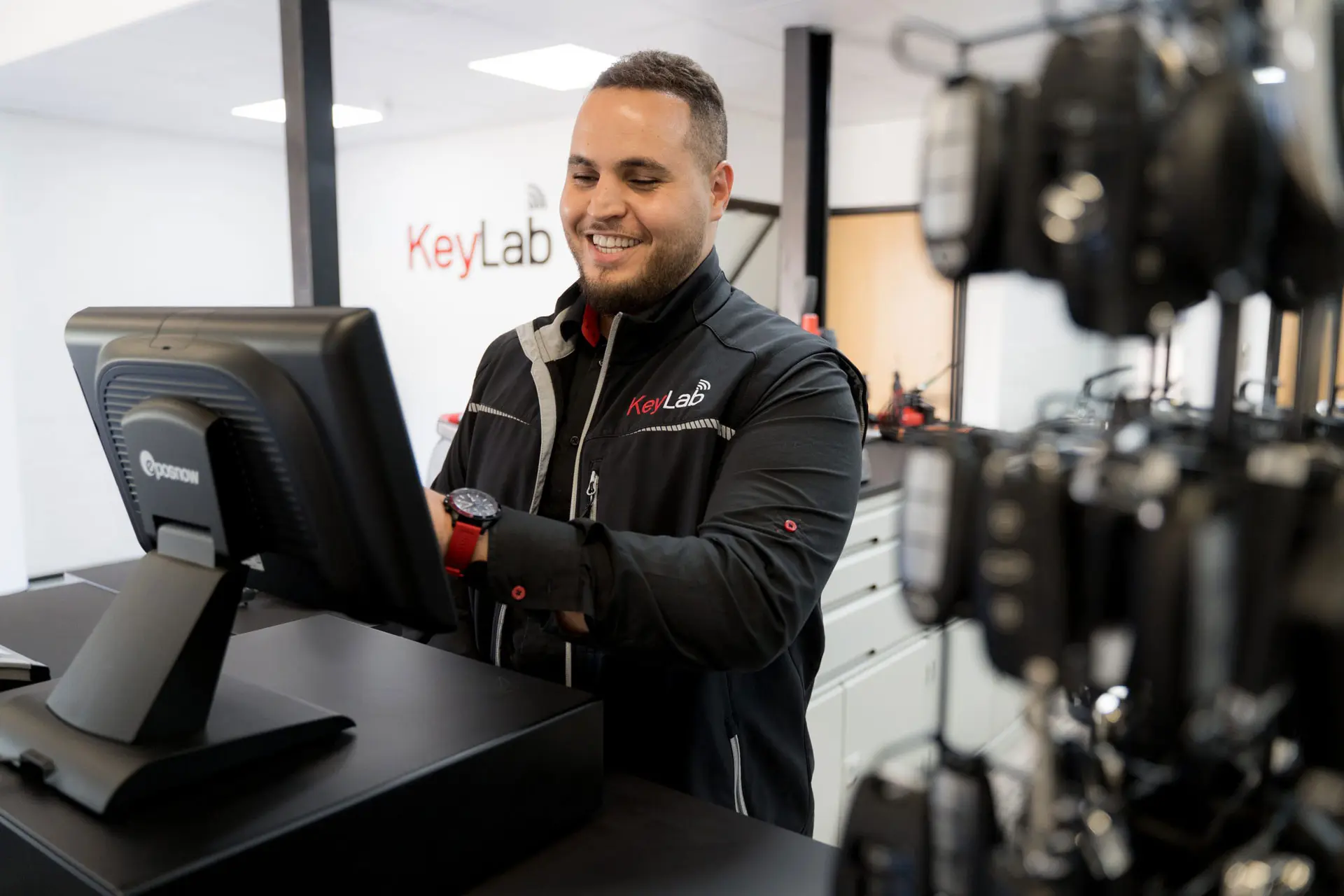Vehicle Lock Repairs: Ensuring Safety and Security
In a world where vehicle theft and break-ins prevail, guaranteeing that a vehicle's locking system is operating efficiently is essential for both safety and security. Vehicle lock repairs include a series of repairs and upkeep procedures that address concerns related to locks and ignition systems. This short article provides an introduction of the types of vehicle lock concerns, signs of malfunction, repair choices, and preventative steps while also answering some often asked concerns.
Understanding Vehicle Lock Mechanisms
Vehicle locks use different mechanisms that vary amongst makes and designs. The main components of a vehicle lock system usually include:

- Key Cylinder: The part where the key is inserted.
- Locking Bolt: Engages and secures the door when locked.
- Lock Assembly: Holds the door closed however can be disengaged when opening.
- Ignition Lock: Secures the ignition system of the vehicle.
Each of these components can be susceptible to wear and tear or unanticipated failure, causing lock-related issues.
| Component | Description | Common Issues |
|---|---|---|
| Key Cylinder | Accepts the key to operate the lock | Key jams, trouble turning the key |
| Locking Bolt | System that secures the door when locked | Bolt misalignment, stuck bolt |
| Lock Assembly | Engages and disengages to secure the door | Broken lock, inappropriate function |
| Ignition Lock | Protects the ignition to begin the vehicle | Key will not turn, ignition failure |
Signs of Lock Malfunction
Vehicle owners need to be vigilant for signs that their lock systems may be stopping working. Some typical indicators of lock issues consist of:
- Difficulty Inserting Key: If the key does not easily fit into the cylinder, there may be particles inside or use taking place within the cylinder.
- Stuck Key: A key that gets stuck while turning can suggest internal damage or misalignment.
- Locked Door Will Not Unlock: If a door declines to unlock, it might be due to a malfunctioning locking bolt or lock.
- Unusual Noises: Grinding or clicking sounds while trying to lock or unlock the door can suggest structural issues in the locking mechanism.
- Faulty Remote: If the key fob is not reacting, the issue might lie not just with the fob's battery but might likewise point towards problems in the lock receiver in the vehicle.
Fixing Vehicle Locks
Dealing with a vehicle lock issue can be complicated, and while some repairs can be taken on at home, others might require expert assistance.
Do it yourself Repairs
Some minor lock concerns can be repaired without the help of a mechanic. Here are a few examples:
- Lubrication: Regularly use a silicone-based lubricant to key cylinders and locks to avoid sticking.
- Tidy the Key: Dirt on the key can cause jamming in the key cylinder. Tidy keys with rubbing alcohol to get rid of dirt or residue.
- Check the Battery in the Remote: For remote key fobs, confirm that the battery is practical by testing it with another vehicle or having it replaced.
Professional Repairs
For more considerable concerns, expert repairs may be necessary. Typical professional services include:
- Key Replacement: If the key is lost or harmed, a locksmith can create a brand-new key or rekey the lock.
- Reprogramming Key Fobs: Sometimes the remote needs to be reprogrammed to sync with the vehicle's receiver.
- Comprehensive Lock Replacement: In extreme cases, whole locking systems might need replacement due to harm or use.
Preventative Measures
To extend the life-span of vehicle locks and prevent concerns, think about the following preventative procedures:
- Regular Maintenance: Periodic evaluation and lubrication of locks can prevent future malfunctions.
- Prevent Excessive Force: Handling keys and doors carefully can decrease endure locking mechanisms.
- Immediately Address Issues: If issues develop, resolving them without delay can prevent more damage and more costly repairs.
Often Asked Questions
Q: How do I know if my vehicle lock requires repair?A: Look for signs such as trouble inserting the key, unusual noises, or the door stopping working to lock or unlock. Q: Can I repair a stuck lock myself?A: Simple problems such as lubrication might
be dealt with in the house; however, complex issues typically require experts. Q: How much does it cost to repair a vehicle lock?A: Costs can differ widely based upon the problem and vehicle type. Standard repairs may begin around ₤ 50, whereas lock replacements can cost numerous hundred dollars. Q: What should I do if I lose my car key?A: Contact a locksmith or your dealership for a replacement key. They may require your vehicle recognition number (VIN )to develop a brand-new key. Q: Are aftermarket keys as reputable as initial keys?A: Aftermarket keys can be less reliable than OEM keys, as they may not comply with the exact same requirements and quality standards.
Keeping the stability of a vehicle's lock system is
important for overall security and safety. By recognizing the indications of a breakdown, performing appropriate repairs, and executing preventative measures, vehicle owners can avoid the inconvenience and potential dangers related to lock concerns. Making sure that locks work effectively improves not only the vehicle's safety but also the peace of mind of its owner.
